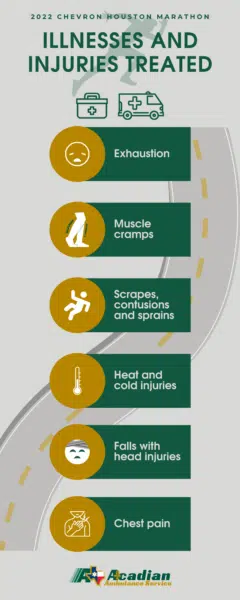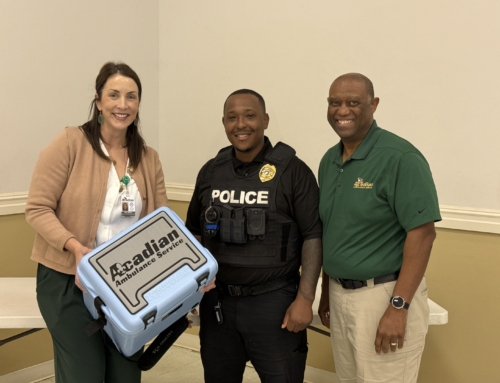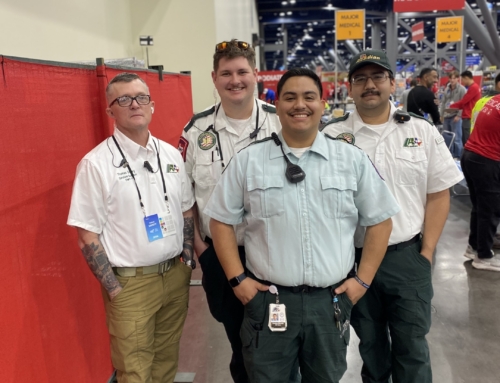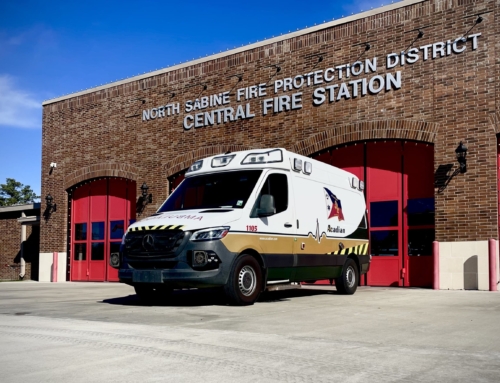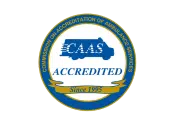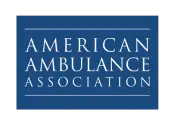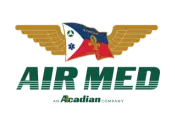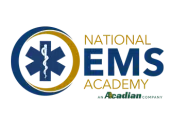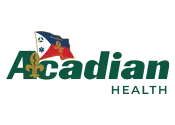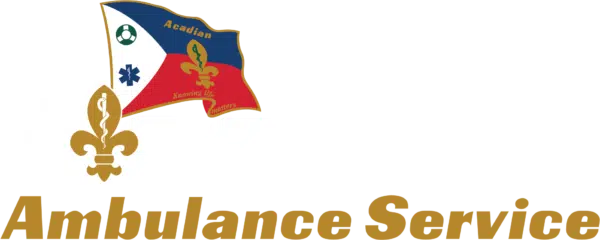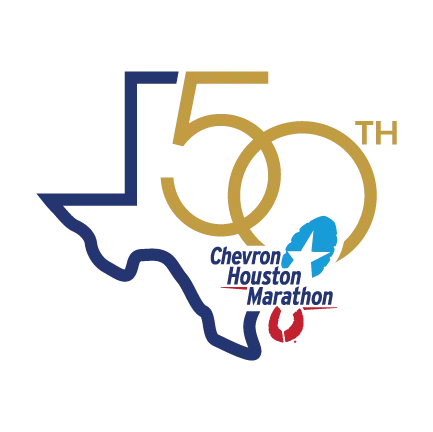
Months before the race clock ever begins ticking, preparations are being made to ensure the event is as smooth as possible. A major component of those preparations involve planning for medical support and response.
 PRE-EVENT PLANNING
PRE-EVENT PLANNING
Acadian Ambulance Texas earned the contract in November 2021 to provide support for the race. Over two months, Acadian’s team participated in numerous tabletop exercises and planning meetings, becoming a valuable asset to the marathon team. The team had close contact with the event’s medical director and Houston Fire Department throughout the planning, something that was very appreciated by HFD and the Marathon leadership.
A few weeks before the event, Acadian’s sister company, Safety Management Systems, was asked to help provide medical personnel at the 19 medical aid stations along the entirety of the race course, as well as preparing for a surge plan.
ALONG THE COURSE
When the race weekend arrived, Acadian Ambulance and Safety Management Systems had more than 80 personnel participate in medical standby and response. There were 20 ambulances and 4 medical gator teams strategically located along the race course.
Acadian’s field teams were responsible for responding to and transporting any of the 28,000+ runners who may have needed medical assistance.
Nationally registered EMTs and paramedics from Acadian’s Houston service area and surrounding Texas and Louisiana service areas stepped up to provide coverage. Acadian’s fleet maintenance team was on hand to provide support as needed, and other staff supported any supply or equipment needs.
GEORGE R. BROWN CONVENTION CENTER
In addition to being stationed along the course, members of Acadian’s team provided on-site logistics support at the medical facility set up at the George R. Brown Convention Center as it pertained to EMS transport operations both in and out.
“The George R. Brown medical facility was a game-changer,” said Acadian’s Texas Medical Director Dr. Emily Kidd. “It was established to help keep the area hospitals from being overwhelmed if there were a large number of patients from the marathon. The facility was equipped to care for everything from mild foot pain, to heat and cold emergencies, to minor injuries, to critical illness.”
Acadian’s area quality improvement coordinator Chance Brown and associate quality improvement coordinator Jake Hall staged at the convention center to assist with coordination of patient care and movement when a patient required transport from GRB to a hospital. Acadian’s director of dispatch, Matt Guillory was also staged at GRB and stayed in direct communication with Dr. Kidd, the crews in the field, Houston Telemetry and Acadian’s dispatch manager and coordinator at the Unified Command Center. “That way he was able to make sure everyone knew with accuracy and in real-time what patients were being moved in and out of GRB. It worked very well,” said Safety Management Systems Physician Assistant Frederick Sonnier.
UNIFIED COMMAND CENTER
Dr. Kidd, Operations Manager Adam Fitzhenry, Communications Operations Manager David Lopez and Operations Coordinator Zackery Wright, and SMS PA Frederick Sonnier were stationed in the event’s Unified Command Center. There, they were able to maintain contact and oversight with all aspects of the marathon’s operations.
Dr. Kidd worked closely with the event’s medical director to make sure they had a solid plan for patient care and transport.
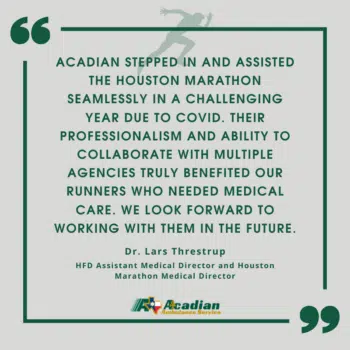
“Despite the cold temperatures, the marathon, half marathon and 5K race were a success. The partnership and teamwork among Acadian Ambulance, the Houston Fire Department and the Chevron Houston Marathon team to make this event very successful from a medical care standpoint was nothing short of amazing! I am very grateful to everyone from Acadian who participated in this event and proud to have worked alongside each and every one of them. We also congratulate all of the race participants,” said Dr. Kidd.
Dr. Lars Thestrup, HFD Assistant Medical Director and Houston Marathon Medical Director, said, “Acadian stepped in and assisted the Houston Marathon seamlessly in a challenging year due to COVID. Their professionalism and ability to collaborate with multiple agencies truly benefited our runners who needed medical care. We look forward to working with them in the future.”
Acadian Ambulance and Safety Management Systems’ large team and extensive experience can provide valuable medical support for events nationwide. Contact us to learn more about how Acadian can help you.
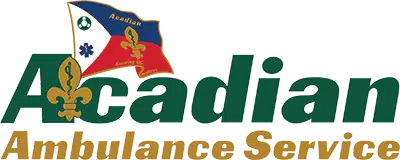
 PRE-EVENT PLANNING
PRE-EVENT PLANNING